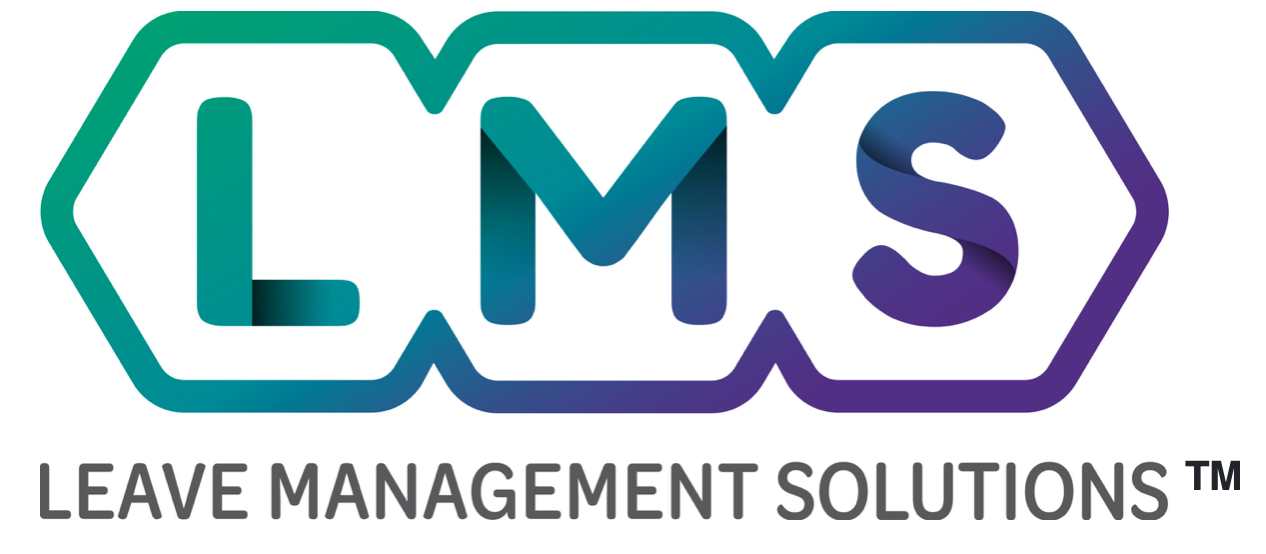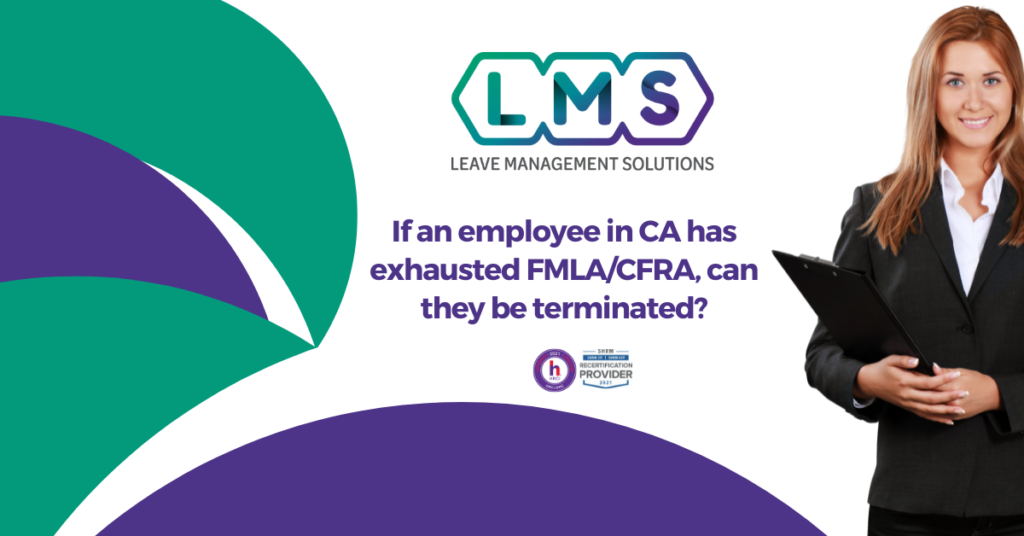Premium Content
Get Instant Access!
Enter your information to the right to unlock this premium content and get instant access to important answers to your HR questions!
Question:
Natalie works for a company in California and wants to know when she can terminate an employee that has exhausted their FMLA/CFRA? Lyle has consistently extended his FMLA/CFRA leave and now wants additional leave? Natalie believes this is going to continue so has decided the additional leave request is an Undue Hardship and an Unreasonable request. Natalie is ready to terminate the employee. She confirmed the leave is not related to a workers’ compensation injury. How does Natalie ensure that she doesn’t conflict with the ADA (and FEHA in CA) regulations?
Answer:
When FMLA (CFRA) ends, ADA (FEHA) begins for the employee’s serious health condition, until it is determined the employee is or is not a Qualified Individual with a Disability. Conditionally designate the leave pending the Good Faith Interactive meeting, engage the employee in Good Faith, unbiased meeting regarding their FMLA (CFRA) benefit, it is a different criteria for eligibility! Conduct an objective analysis to determine if the continued request for leave is both predictable and not an Undue Hardship for their current position. What about other job positions that are open and they qualify for, could you provide leave under those positions for Lyle? Concluding an employee is not a Qualified Individual with a Disability for their current or any other position in your company may lead to separation if no other company benefits protect the employee’s leave. Your documentation of this process is imperative. Make sure you have the level of confidence needed to confidently deny accommodations if an employee is unable to perform the essential functions of the job at a “meets expectation” level with the accommodation, including when returning from an approved medical leave.
Modules: Both CA/USA & USA Individual Skill Building Modules Downloadable NOW! Or purchase the ADA Accommodation Compliance Blueprint at a discounted package price for a comprehensive overview of the Interactive Process, Accommodation Research and fast easy Development of the Essential Function Job Description.
- FMLA/CFRA to ADA/FEHA Transition
- Conducting Good Faith Interactive Meetings
- ADA/FEHA Accommodation Research
- Completing an Undue Hardship Analysis
- ADA/FEHA Designation
- ADA/FEHA Denial (Only if Lyle is objectively confirmed to not be a Qualified Individual with a Disability)
The FMLA/CFRA to ADA/FEHA transition is one of the most complex areas of medical leave accommodation management in the state of California. This area is most susceptible to a lawsuit as well, so your documentation is critical.
Engaging the employee to identify and understand potential accommodations is a requirement under both state and federal ADA regulations. However, in the state of California under FEHA, you are violating a mandatory requirement if you are unable to show you engaged in an interactive process in good faith with the employee.
To avoid costly litigation, establish a standard operating procedure applied consistently to successfully manage disabled personnel in the workplace, including how to handle related performance management issues and harassment, discrimination, and retaliation complaints. Your standard operating procedure should incorporate your company’s policies, procedures, union contracts, culture and risk tolerance.
Failure to follow an ADA/FEHA Interactive Good Faith Interactive Meeting process is a breach of state regulation, as well as a federal, ADA requirement. Learn about the state-specific criteria in California for participating in a Good Faith Interactive Meeting under ADA/FEHA regulation.
Sign up for Leave Management Solutions’ upcoming Ultimate Guide: An Advanced Medical Leave and Accommodation Management Workshop to ensure you are fully prepared to tackle medical leave and accommodation challenges at work.
Created by HR for HR.


